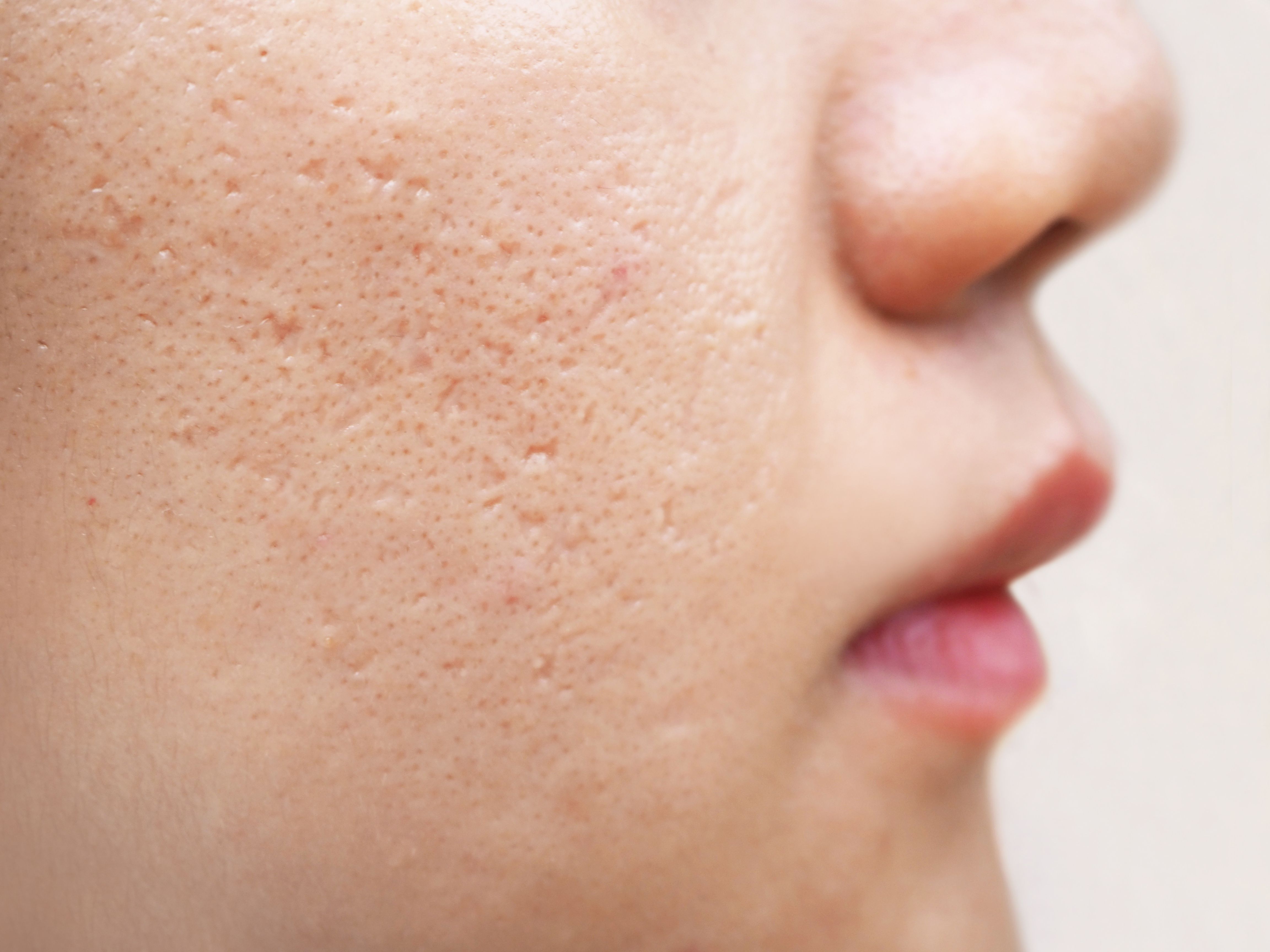- Acne
- Actinic Keratosis
- Aesthetics
- Alopecia
- Atopic Dermatitis
- Buy-and-Bill
- COVID-19
- Case-Based Roundtable
- Chronic Hand Eczema
- Chronic Spontaneous Urticaria
- Drug Watch
- Eczema
- General Dermatology
- Hidradenitis Suppurativa
- Melasma
- NP and PA
- Pediatric Dermatology
- Pigmentary Disorders
- Practice Management
- Precision Medicine and Biologics
- Prurigo Nodularis
- Psoriasis
- Psoriatic Arthritis
- Rare Disease
- Rosacea
- Skin Cancer
- Vitiligo
- Wound Care
News
Article
Topical Xyngari Meets All Primary Endpoints in Phase 3 Study for Moderate to Severe Acne
Author(s):
Key Takeaways
- Xyngari's phase 3 trial showed significant improvements in acne, meeting all primary endpoints with a once-weekly regimen.
- The trial demonstrated a 29.4% success rate in achieving clear or almost clear skin, compared to 15.2% with placebo.
Xyngari showed promise as the first once-weekly topical acne treatment, achieving strong phase 3 results with significant efficacy and safety.
Dermata Therapeutics, Inc. announced today that its pivotal phase 3 STAR-1 trial of Xyngari met all primary endpoints.1 The study demonstrated statistically significant and clinically meaningful improvements in moderate to severe acne after treatment with the novel once-weekly topical therapy.
Dermata previously announced early this month that the last patient in the study completed their last clinical visit.2
Image Credit: © praisaeng- stock.adobe.com

Study Design and Methodology
The phase 3 STAR-1 trial (Spongilla Treatment for Acne Research) was designed to assess the efficacy, safety, and tolerability of Xyngari, formerly DMT310, in a diverse population of patients aged 9 years and older with moderate to severe facial acne.
The randomized, double-blind, placebo-controlled study enrolled 520 participants across the US and Latin America. Patients received either Xyngari or placebo once weekly for 12 weeks and were evaluated monthly.
Key primary endpoints included:
- Investigator Global Assessment success rate — Defined as at least a two-point improvement from baseline and an IGA score of 0 (clear) or 1 (almost clear) at week 12.
- Mean reduction in inflammatory lesion count from baseline to week 12.
- Mean reduction in non-inflammatory lesion count from baseline to week 12.
Efficacy Results
Xyngari demonstrated highly statistically significant improvements across all primary endpoints when compared to placebo.
In total, 29.4% of patients treated with Xyngari achieved clear or almost clear skin compared to 15.2% in the placebo group (p < 0.001).
Patients in the Xyngari treatment group experienced an average reduction of 16.8 inflammatory lesions, versus 13.1 lesions in the placebo group (p < 0.001).
Additionally, Xyngari reduced non-inflammatory lesions by 17.3 lesions, compared to 12.4 lesions in the placebo group (p < 0.001).
The results not only confirmed the promising efficacy seen in prior phase 2b studies but also highlighted Xyngari's ability to deliver significant clinical benefits with a reduced treatment burden.
Xyngari was well tolerated, with minimal treatment-related adverse events and no serious adverse events attributed to the therapy.
Expert Perspectives
Clinical investigators noted the potential impact of Xyngari on acne treatment paradigms.
Sunil Dhawan, MD, FAAD, FACP, a clinical investigator in the STAR-1 trial, emphasized the advantages of a once-weekly regimen.
"All FDA approved topical acne products are required to be applied at least once or twice a day, which may reduce patient compliance, so I believe having a once-weekly topical acne product like Xyngari could lead to improved patient compliance," Dhawan said in a news release.1
Gerry Proehl, chairman, president, and CEO of Dermata, highlighted the significance of these results.
"We are incredibly excited about these phase 3 clinical trial results for Xyngari, which we believe reinforce its potential as a unique acne treatment, distinct from any existing product on the market," Proehl said.1 "The highly statistically significant efficacy data not only confirms the results of our phase 2b acne study but also strengthens our confidence about the upcoming Xyngari phase 3 STAR-2 trial, set to launch in the second half of 2025."
Next Steps
Based on these findings, Dermata plans to initiate the phase 3 STAR-2 trial in the second half of 2025, followed by an open-label extension study. If the STAR-2 trial yields positive results, the company intends to file a New Drug Application with the FDA, bringing Xyngari closer to potential regulatory approval.
References
- Breaking: Dermata's XYNGARI phase 3 trial topline data meets all primary endpoints. News release. PR Newswire. March 27, 2025. Accessed March 27, 2025. https://www.prnewswire.com/news-releases/breaking-dermatas-xyngari-phase-3-trial-topline-data-meets-all-primary-endpoints-302412922.html
- Dermata announces that last patient completes last visit in pivotal XYNGARI™ Phase 3 STAR-1 clinical trial for acne. PR Newswire. March 4, 2025. Accessed March 27, 2025. https://www.prnewswire.com/news-releases/dermata-announces-that-last-patient-completes-last-visit-in-pivotal-xyngari-phase-3-star-1-clinical-trial-for-acne-302390817.html
Newsletter
Like what you’re reading? Subscribe to Dermatology Times for weekly updates on therapies, innovations, and real-world practice tips.











